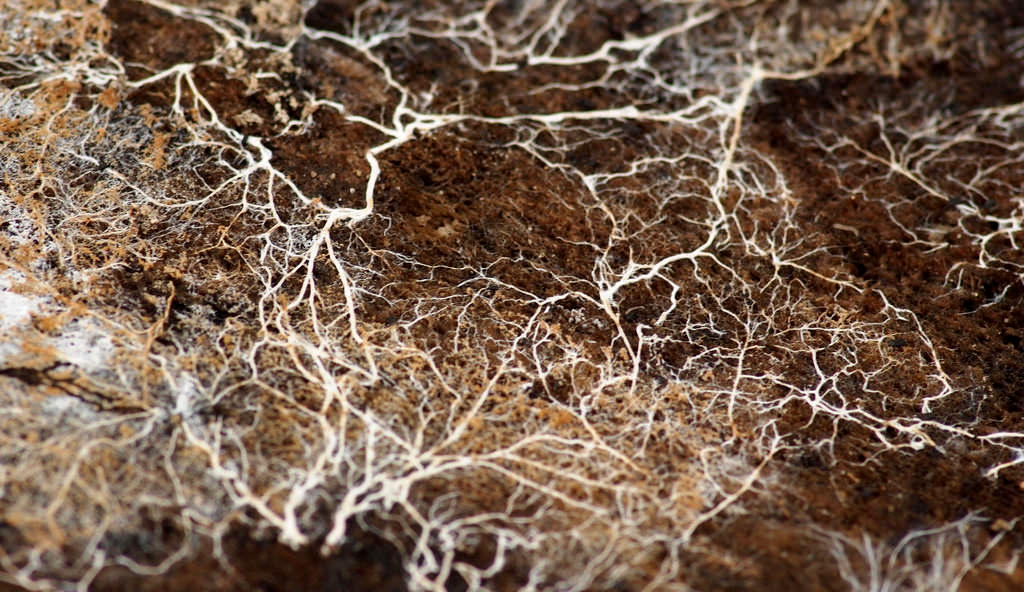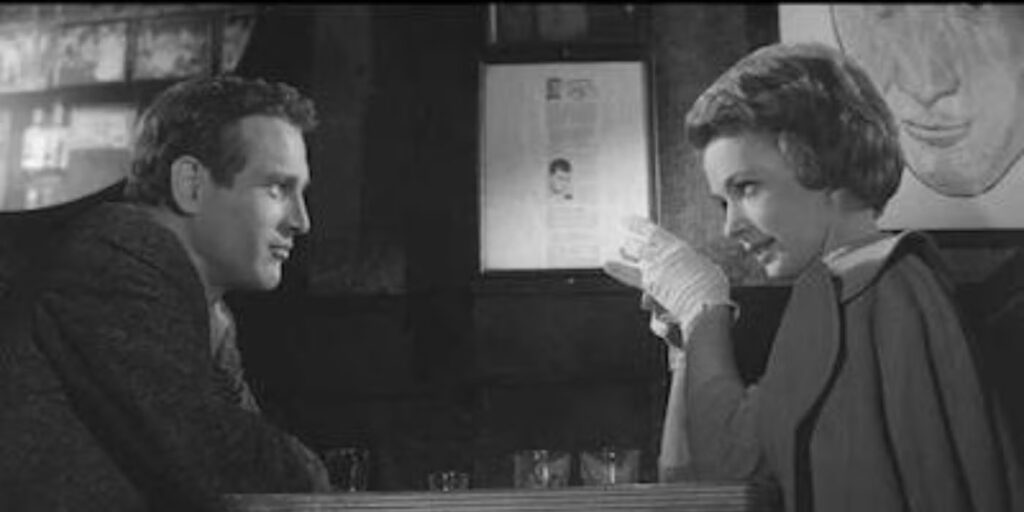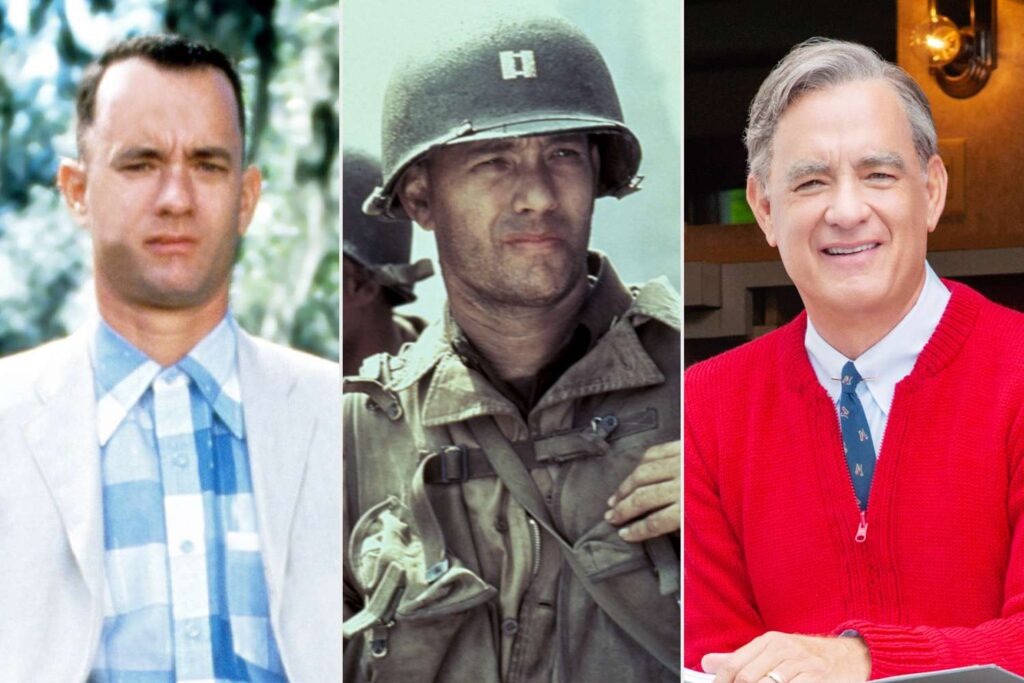Calendar
by Maeve Barry
The calendar will be a gift for our grandparents. All of their children will get one. The photographer will take the photos in the parking lot of an Irish restaurant. It’s where we eat after funerals.
In the lot it’s raw with no sun out. We wear big coats but will take them off for the photos so it looks like it’s spring. Our parents are in a rush to take photos cause they’re worried about one of the grandparents dying. I’m not worried about either one of them dying. Last patches of gravelly snow jut from the ground. A pokey reminder. My teeth clack. We watch for my grandparents’ car. I’m fourteen. I am a computer. The hot pink thong that I wear is the one that I stole from American Eagle.
My grandma hugs me and it smells like vagina and mildew. My grandpa hugs me and I flinch. He hits the side of my head like he’s showing everyone how high his hand is.
I have an aunt who’s a doctor and a bitch. Her two daughters go to Wellesley and they go right up to my grandpa and kiss him. They complain really loud about how some guy spread out on the train on their way here. They love my grandpa. My older girl cousins go to Wellesley College and they don’t know anything.
My mom knows, more than any of us, but she’s so busy acting like she doesn’t that she won’t look at me. She’s tried honesty. Now she wants siblings and a mom who will look her in the face. Now I’m the only person she can talk to about it.
***
To Christmases and Thanksgivings I wear my tight red little dress so they can all see my tits. I show up with my hair high in a ponytail and my neck soaked in hickies. I know how to time it. This Christmas the hickies were from a boy who wore only one t-shirt. It said ‘Consent is Sexy.’ That boy kept moving his mouth down to my tits and I kept pushing it back up my neck. The next day in Worcester we sat at my grandparents’ table before midnight mass. They all sat there in the purple glow off my neck skin. Last week my mom said, None of that for the calendar.
It’s February and my neck’s back to normal. I wear my tiny spandex skirt and black tights and the thong that I stole and a floaty t-shirt.
I’m going to the bathroom, I say, and no one answers. No one is looking. They’re all leaning over the new red, screaming baby. Trying to corral the uncle who’s been drinking since he woke up. Trying to calm down the autistic cousin who is nineteen, red and screaming. My mom doesn’t look at me cause she’s busy looking all over, hoping someone will look at her. I walk to the door and feel my ass move through my skirt. Only my grandpa’s looking.
The restaurant is called O’Connors. That’s not our last name but it might as well be. There’s a long sticky bar. The bartender was told not to serve my uncle until after the photos. Maybe my uncle knows about my grandpa. He’s never said. The bar is all cops. The bartender is young and his hair’s kind of red, not red like a siren, like my red-head cousins. Not like my grandpa’s was before he lost it. Now his head’s patchy snow. The bartender opens his mouth and he’s really Irish.
What can I get you.
He looks right at me.
A white Russian, I say.
It’s what my grandma drinks. I say it to seem older.
The bartender smirks. His fingernails are so dirty. The celtic cross poked into his bicep is the same as the one on my uncle’s ankle. The same as the one on everyone’s graves.
There’s milk on my mouth. I stand. I wait for a second outside the bathroom door before I close it. When he opens it I see his face in sharp light. I see its grooves, bags, its raw eyeballs. Maybe a little older than my Wellesley cousins. I can’t imagine anyone would want to touch them. Our grandpa didn’t. The bartender’s grimey nail snags my tights. They don’t tear. We don’t kiss. He lifts my leg. The toilet paper dispenser digs my ass in a nice way. The nicest part of it, maybe. I stick my milk tongue down his ear and that isn’t clean either. My tights tie my ankles. I pull my pink thong to the side. I wrap all my arms and legs around him like I’m his baby. My ass hits the toilet paper. It pulls away. It hits again. I look at the brown stain on the white ceiling. It’s shaped like Japan, not Ireland. His breath sputters. I hate it the way that I hate my mom’s breathing and my brother’s chewing and my grandma two-foot-stepping every stair with her gout puffy ankles, pressing down on my arm, like she needs me to help her. My face scrunches. I never push or trip her.
I don’t love my grandparents, I say in my head while he fucks me.
What’d you say, the bartender pants.
I said I want you to fuck me.
I’ve never said that. I hear my own voice like through a screen in a movie.
He presses his hands on my shoulders. I rip at his hair and pretend that it’s already white. He springs back with release. He keeps saying Jesus.
There you are, my bitch aunt says when I walk back to the photo stools and the guy waiting there with his camera.
Aren’t you freezing, my mom asks. What happened to your tights?
Nothing happened to my tights. I balled them and pushed them deep in the trash can. My brother kicks a deflated football. It goes nowhere. The photographer wears a fedora. My legs turn red when air hits them.
They sit me in the front row on the stools. There was a break between me and the cousins who are older. The Barnard cousins get placed in the back. They’re mad you won’t see the pants part of their pantsuits.
Once, on a plane, my mom sat next to a psychic. The psychic told my mom that she fell toward the middle of her siblings, and that she was one of eight. My mom is the fourth of six. To the three oldest siblings he didn’t do anything. My young uncle is drunk and my young aunt is dead. And I am sitting in the middle of the front row of grandkids. The sitting girls close their legs. The photographer tells my brother, Put down the football.
When the camera clacks I snap my knees open. Every time, fast so no one will stop me or notice. Purple circles glow the inside of my thighs. From his slinky hips. The hot pink triangle of the thong that I stole. I flash the camera. Hot pink yells itself forward. It’s in every photo. It will hang in their kitchens, where they’ll all have to notice.



